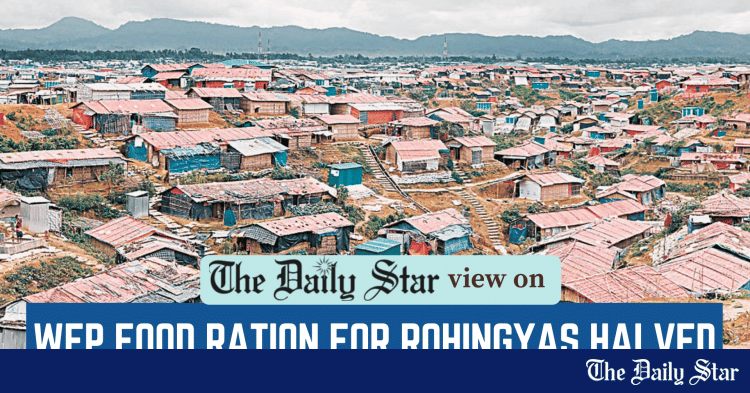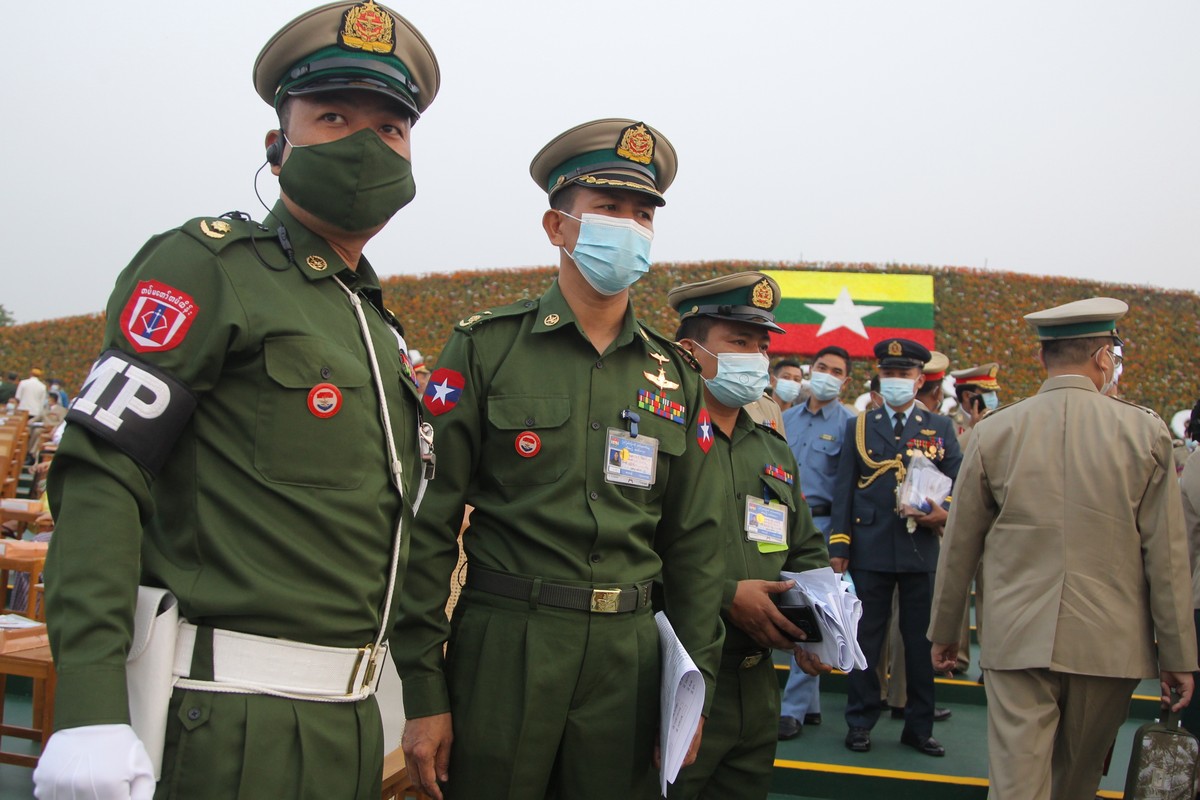Arakan Army taking 'tariff' from border trade
Home adviser Jahangir Alam Chowdhury confirms
Home Adviser Lt Gen (retd) Jahangir Alam Chowdhury. Photo: Collected
Speculation over the Arakan Army's demand for "tariff" from the border trade between Bangladesh and Myanmar was confirmed by Home Adviser Lt Gen (retd) Jahangir Alam Chowdhury yesterday.
At a briefing at the Cox's Bazar Deputy Commissioner's office following discussions with home and agriculture ministry officials, he elaborated on the scenario.
Replying to a question, he said, "First there is the Myanmar government which collects taxes for goods coming in from Sittwe. But, since the border is controlled by the Arakan Army, they too collect taxes. This is a difficult situation. A senior representative has been appointed to address the issue," he said.
He said Khalilur Rahman, special assistant to the chief adviser (equivalent to state minister), has been appointed as the liaison in this regard.
Chowdhury added that the government is maintaining communications with both the Myanmar government and the Arakan Army.
This is the first time a high-ranking government representative has publicly acknowledged the Arakan Army's intentions in a briefing with journalists.
On December 8 last year, the Arakan Army announced that it had seized control of the 271-kilometer border shared by Bangladesh and Myanmar after seizing a Border Guard Police's (BGP) base in Rakhine State.
In a statement, it imposed an indefinite ban on vessel movement in the Arakan waters of the Naf River. Since then, no cargo ships have arrived in Teknaf.
Businessmen based in Teknaf land port, on condition of anonymity, alleged that the Arakan Army was detaining cargo ships and demanding payments.
On January 16, the Arakan Army intercepted three cargo vessels, en route from Yangon to Teknaf, in the Naikhongdia area of the Naf River estuary. Four days later, two vessels were released, while the third was freed on February 1.
Most recently, on February 10, the Arakan Army chased down a timber-laden trawler near Golar Chor in Shah Porir Island using speedboats and seized it. The vessel has not yet been released.
Jasim Uddin, general manager of United Land Port in Teknaf, which is commonly known as Teknaf land port, said the last boat arrived at the port on February 1 after being released by the Arakan Army.
"It has been one month since there has been trade between Myanmar and Bangladesh through Teknaf Land Port," he said.
He also mentioned that the boat which arrived on February 1 is still at the port as they are unwilling to return to Yangon due to security concerns.
A businessman from Teknaf, who frequently imports goods from Myanmar, said on condition of anonymity that the Arakan Army released the three seized boats after it received the same amount of money that was paid as tax to the Myanmar government.
The exporters in Myanmar paid them off and charged it to Bangladeshi businessmen, he said.
He further said that after learning about the issue, the Myanmar government stopped trade with Bangladesh through Teknaf as they did not want the Arakan Army to benefit financially.
Shawkat Ali, a businessman at the port, said Teknaf is a more viable option for trading with Myanmar since using Chattogram significantly increases costs and time.
"Lead times to import goods from Myanmar through Teknaf is five to seven days while using Chattogram requires at least a month," he explained.
Import-export falling year after year
Due to the cross-border conflict, trade through Teknaf land port has experienced a significant downturn over the past two fiscal years, according to data from Teknaf Customs.
In FY23, 188,999 metric tonnes of goods, valued at approximately Tk 1,545 crore, were imported from Myanmar through the Teknaf land port, while Bangladesh exported 2,941 metric tonnes of goods worth Tk 6.72 crore.
However, in FY24, imports dropped sharply to 71,741 metric tonnes, valued at approximately Tk 808 crore. Exports also saw a significant decline, with only 704 metric tonnes of goods, valued at Tk 2.45 crore, shipped to Myanmar.
In the first six months of the current fiscal year, Bangladesh imported 11,129 metric tonnes of goods worth around Tk 113 crore. During the same period, 636 metric tonnes of goods valued at approximately Tk 64 lakh were exported to Myanmar.
The imported items primarily include dry fish, chilled fish, betel nuts, onions, ginger, coconuts, wood, and other goods. Bangladesh's main exports to Myanmar are cement and potatoes.













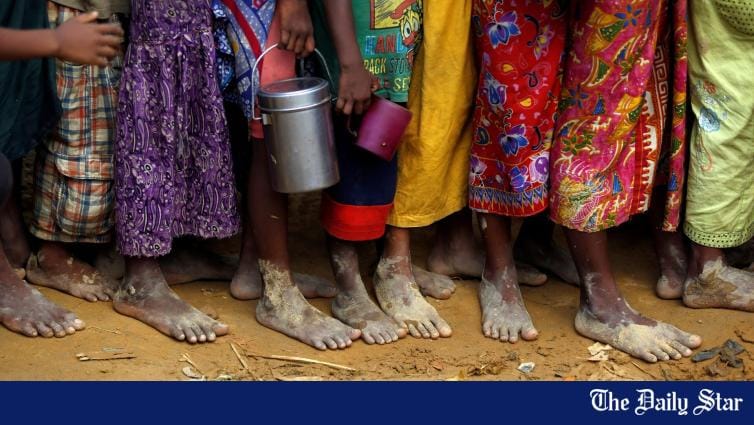







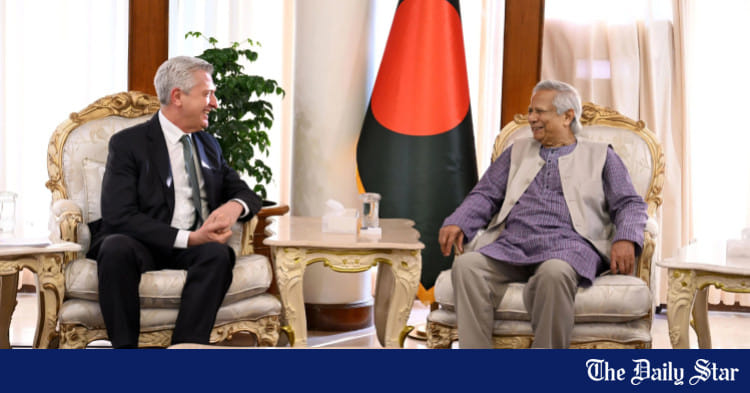














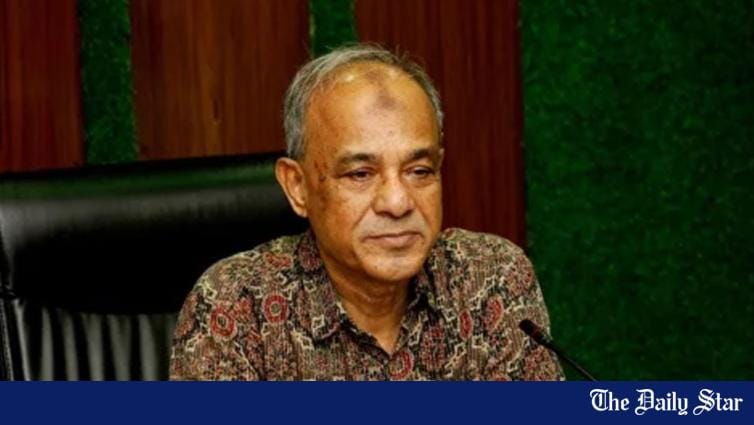







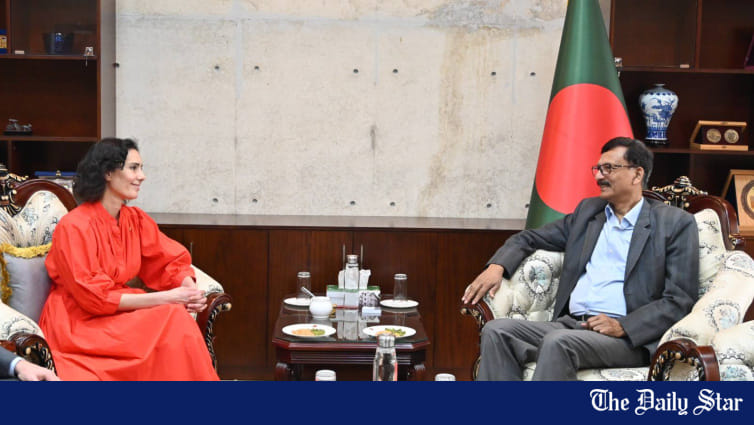










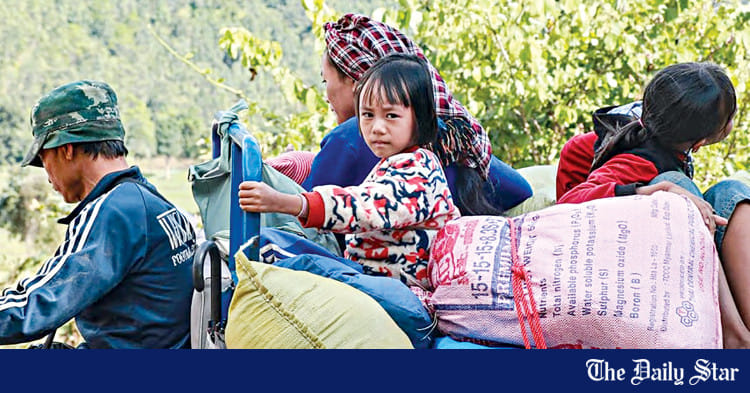




 www.newagebd.net
www.newagebd.net




 www.newagebd.net
www.newagebd.net




 www.newagebd.net
www.newagebd.net



